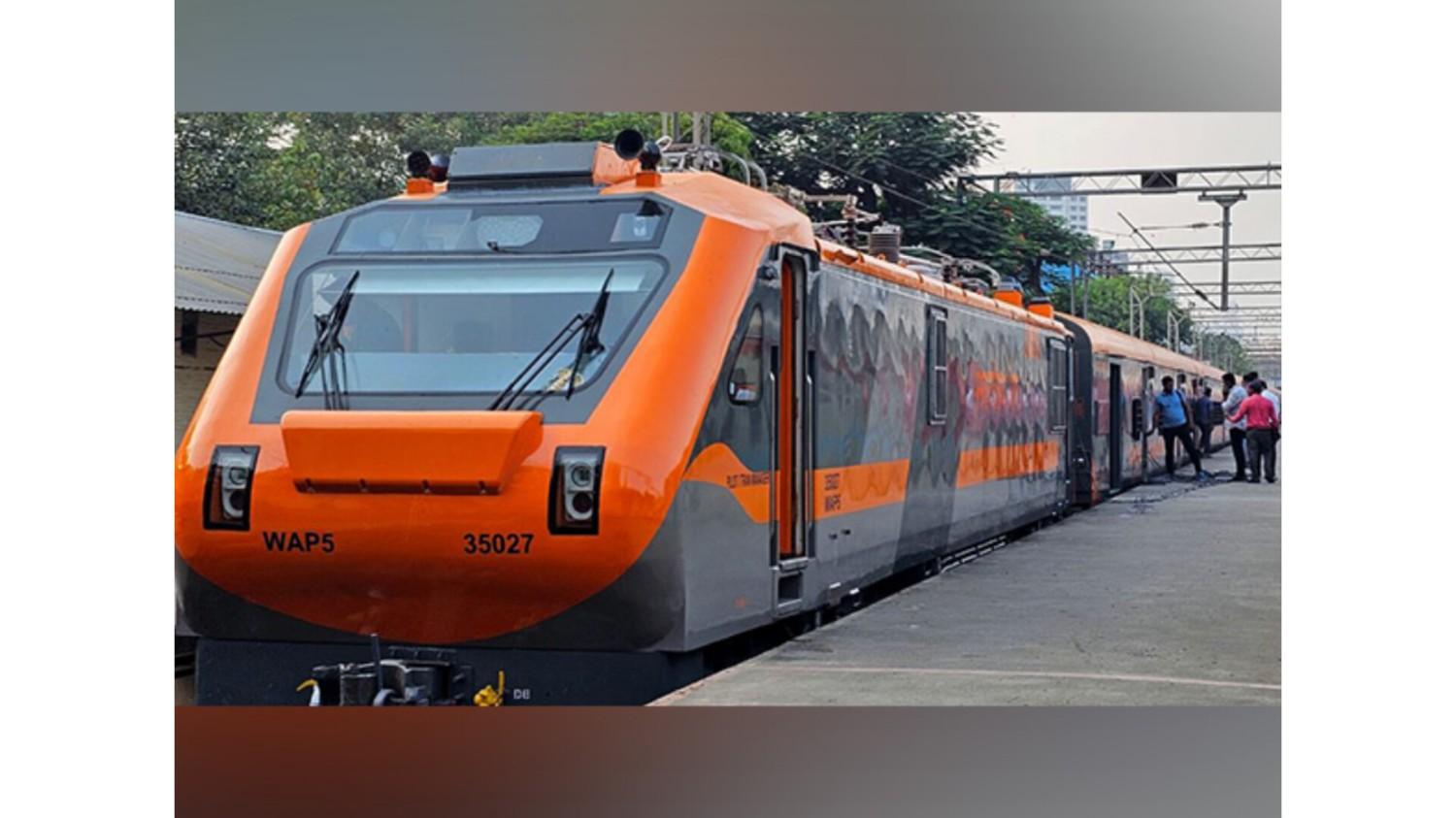The Railway Recruitment Board (RRB), while covering 55,197 vacancies from November 2024, has conducted a computer-based test (CBT) for more than 1.86 crore candidates through seven separate notifications, paving the way for more than 50,000 appointments in the financial year 2025-26.
More than 9000 appointments have been issued by RRB in the first quarter of this financial year. Conducting CBT for RRB examinations is a very big process that requires a lot of schemes and coordination. The RRB has recently taken the initiative to allocate the examination center close to the residence of the candidates, in which special priority has been given to women and disabled candidates.
For this, there is a need to raise more human resources to list more examination centers and conduct exams in a fair and transparent manner.
According to the annual calendar published by RRB, 12 notifications for 1,08,324 vacancies have already been issued from 2024, and more than 50,000 appointments will be proposed in the next financial year 2026-27.
To increase the fairness of the examination, for the first time, e-KYC-based Aadhaar authentication has been used to certify the identity of the candidates in such a large scale examinations, which has achieved more than 95 percent success. To eliminate the possibility of duplication through electronic devices, 100 percent jammers are now being installed at all RRB examination centers.
Railway Recruitment Board (RRB) is responsible for conducting recruitment exams for various posts in Indian Railways. Meanwhile, West Central Railway, Bhopal has introduced a new method to verify the identity of passengers using the M-Aadhaar mobile application as per the latest guidelines issued by the Railway Board.
The move aims to curb unauthorized trips and prevent the misuse of tickets booked in fake Aadhaar card or someone else. The release stated that the M-Aadhaar app developed by the Unique Identification Authority of India (UIDAI), to strengthen the process of identity verification with the help of technology, will serve as an effective tool for real-time identification authentication.
This app provides the QR code-based identity verification, which will make it possible for quick and reliable verification of the authenticity of the passenger’s Aadhaar card. This app will soon be made available on handheld terminals (HHT devices), to prevent misuse of reserved tickets and identity cards and ensure real identity of passengers.









